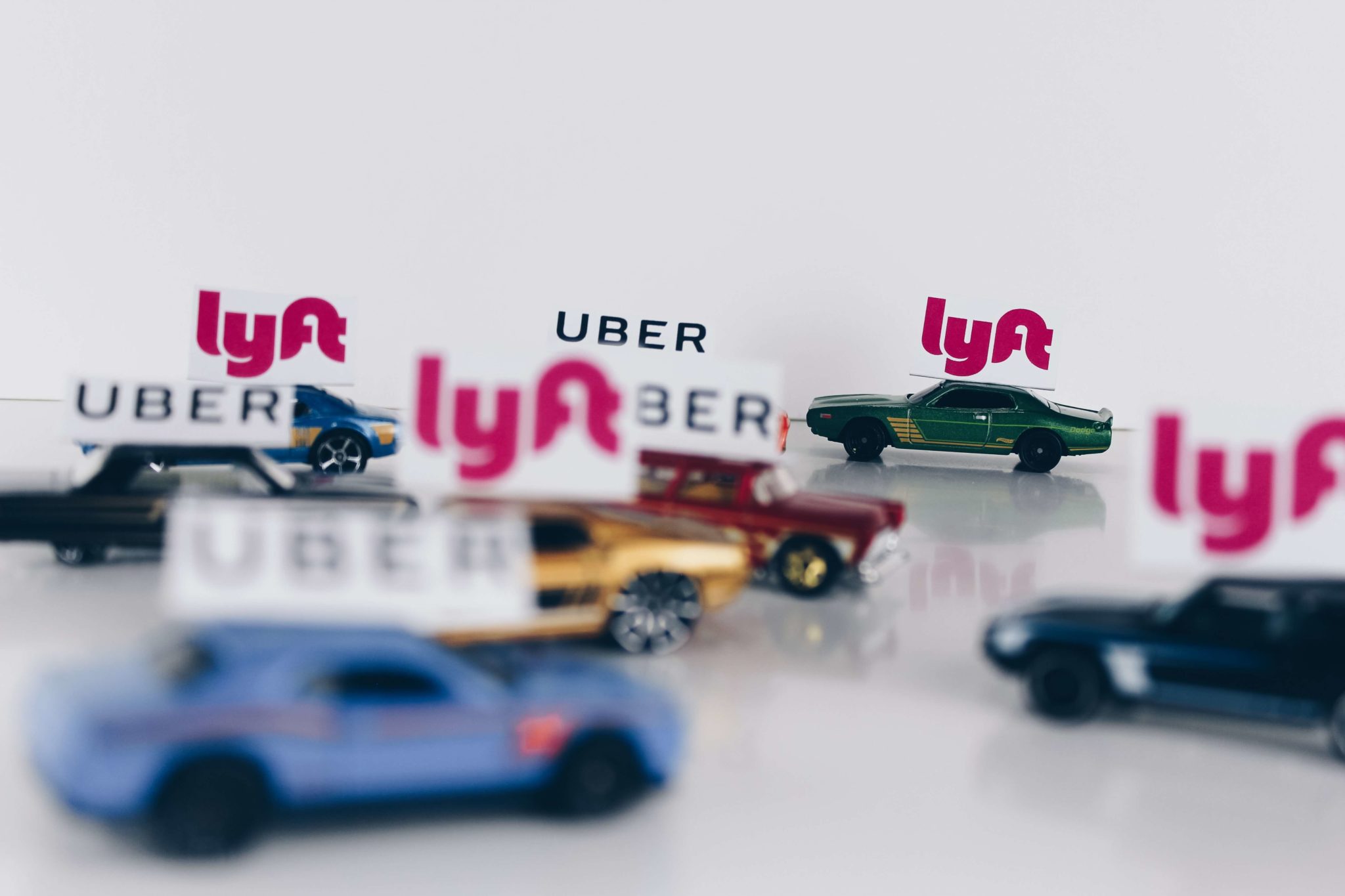Consider a California medical lien
There’s no doubt about it. When it comes to getting around Los Angeles, ridesharing apps once served as affordable alternatives to taxis. Back in 2015, for example, the cost of a 5.5-mile trip using Uber X topped out at roughly $10 and a little more than that for Lyft users. In comparison a 5.5-mile cab ride cost nearly $30.
Building a reputation as a cheap, accessible alternative to other types of transportation allowed Uber to become a national and global leader in the rideshare or ride hailing industry. The same strategy allowed Lyft to gain ground on its rival and claim nearly 30 percent of the market share in the U.S. by 2018.
Judging by the number of accidents involving Uber and Lyft being reported – or not reported – users may be paying a steep price for cheap rides. And that prompts serious concerns.
One is that experts recommend that injured parties take the same steps following an Uber or Lyft as they would after any other traffic crash. Specifically, they urge injured parties to seek medical attention. But what if someone gets hurt and doesn’t have applicable insurance? Or what if they are insured, but simply can’t afford the deductible and/or co-pays? Or what if other circumstances keep them from paying for necessary medical care while awaiting a settlement, verdict, or judgment?
That’s when it may be time to find a medical provider who works on medical liens.
What is a medical lien?
In California, a medical lien is a legally binding contract between the patient and the medical provider (doctor, hospital, clinic, etc.). If you were injured in an accident where someone else was at fault, it allows you to get the immediate and ongoing medical care you need – regardless of your ability to pay. In return for services rendered, the medical provider reserves the right to be paid directly from any settlement or judgment you receive. Or, to put it another way, the medical provider is basically working on credit while your personal injury case is pending.
A significant caveat, however, is that few doctors are willing to do this. And in most cases, lien doctors will only do so if it’s the patient’s only option.
Even if you do find a willing provider, he or she might be hesitant about signing a lien agreement unless you have a strong legal case. This makes sense from his or her perspective, because his or her payment is largely contingent upon your success.
Keep in mind, however, that these medical professionals do not have the necessary legal acumen to evaluate the strengths and weaknesses of your case. And that’s why you need us on your side. At Law PLA, our personal injury attorneys help medical providers understand the merits of each case.
The importance of having a qualified attorney negotiate your lien agreement
As we have already noted, a medical lien is a legally binding contract. As such, it usually ensures that the medical provider has:
- The right to be among the first people to receive payment from any award you receive.
- The ability to recoup payment for treatment costs greater than the amount of the settlement or judgment directly from you.
- Access to arbitration for the resolution of any relevant disputes.
Clearly, this language benefits the doctor or provider. In some cases, it can put you (as the patient) at a significant disadvantage.
When we negotiate or draft this agreement, it will put you on even footing. For example, if you don’t have the strongest possible case, we may be able to convince the medical provider to accept lower payments if we do not prevail, or if a settlement or judgment doesn’t cover your medical expenses.
If the language in a typical lien agreement is acceptable, or we reach a mutually acceptable agreement with the “lien doctor,” you can go ahead and sign the actual lien agreement.
Once the lien is “perfected” and all of the paperwork is finalized, you’ll be able to get the medical care you need without any more undue stress.
What happens if I do not get a favorable settlement or judgment?
The terms of the lien agreement dictate what will happen in this situation. If you have a standard lien agreement, you are responsible for any medical costs not covered by your settlement or judgment. You are also responsible for any such payments if you do not receive a favorable award.
Otherwise, your obligations will be dictated by the terms in the lien agreement we negotiated with the medical provider for you. If you were injured in an accident involving Uber or Lyft, and you would like to know more about medical liens, contact us today.


